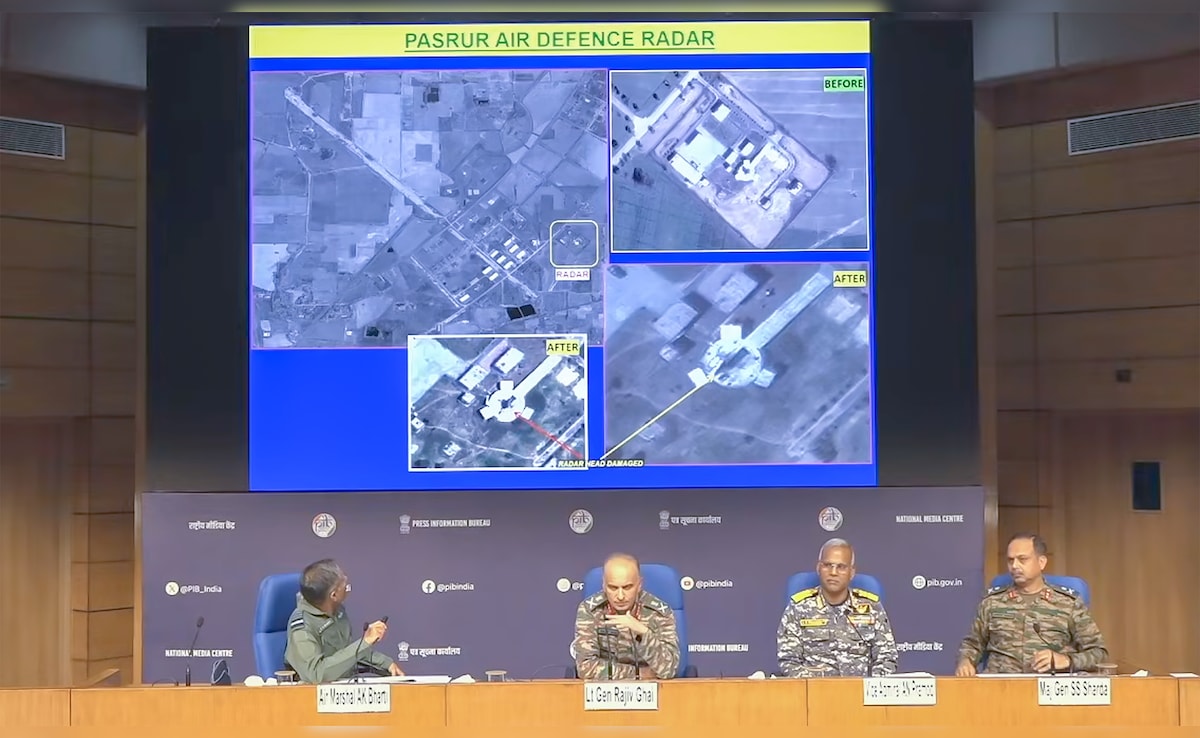Opposition Demands for Special Session Ignored as India-Pak Tensions Persist
In a move that reflects the current political landscape, the Indian government is reportedly unwilling to organize a special session of Parliament to deliberate on critical issues stemming from the recent Pahalgam terror attack and ongoing military operations against Pakistan. This decision comes despite vocal demands from the opposition, who are seeking a platform to discuss not only the tragic attack that claimed 26 lives but also the broader context of India-Pakistan relations and the implications of Operation Sindoor.
Sources indicate that the government believes the matters at hand can adequately be addressed during the upcoming Monsoon Session, scheduled for July, rather than convening an extraordinary parliamentary meeting at this time. This decision is further compounded by the fact that tensions at the border, which escalated recently with missile threats exchanged between the nations, have stabilized following a ceasefire agreement that is set to continue until May 18.
As the political discourse unfolds, the Leader of the Opposition in Lok Sabha, Rahul Gandhi, has formally urged Prime Minister Narendra Modi to initiate a special session, expressing that it is imperative for the public and their representatives to engage in dialogue on the Pahalgam incident, the operational strategies being employed, and the ceasefire that was first mediated by U.S. President Donald Trump.
Calls for Action Amid Political Tensions
Gandhi’s request, articulated through an official letter, underscores the urgent need for a comprehensive discussion regarding national security and the implications of terrorism. The political landscape has been fraught with challenges, especially following the tragic events that unfolded in Pahalgam on April 22, 2025. Support for holding a special session has also been echoed by other key opposition figures, including Mallikarjun Kharge, the Congress chief and Leader of the Opposition in Rajya Sabha.
In a written communication to the Prime Minister, Kharge stated that during times of crisis, it is crucial for both houses of Parliament to unite in solidarity. He emphasized that a session would not only serve to address immediate concerns but also showcase a collective resolve against acts of terrorism.
Opposition MP Jairam Ramesh reinforced this sentiment, arguing that such a gathering would symbolize unity amongst political parties in addressing the brutal attack on innocent civilians. His comments reflect a broader push for bipartisan cooperation in combating terrorism, an issue that transcends political differences.
However, the ruling party, the Bharatiya Janata Party (BJP), has criticized the opposition’s demands, asserting that the ongoing military operation, dubbed Operation Sindoor, has not concluded and cautioned against raising “unnecessary and unwanted” inquiries. BJP spokesperson Sudhanshu Trivedi articulated the party’s stance, urging the opposition to wait until the operation’s completion before requesting parliamentary discussions.
Operational Context and Historical Precedence
The turmoil in Pahalgam and the lethal response undertaken through Operation Sindoor, which struck nine terror targets in neighboring Pakistan and Pakistani-administered regions, comes after a long history of conflict between the two nations. As tensions have fluctuated over the years, both military actions and parliamentary sessions have played vital roles in addressing the ongoing disputes.
Previous all-party meetings, convened shortly after the Pahalgam attack, had demonstrated an unusual degree of unity among political factions, where the opposition expressed unwavering support for the government’s military endeavors. However, Prime Minister Modi’s absence from these discussions raised concerns about the effective communication of strategy and response during crises.
Considering that the last Parliament session wrapped up on April 4 after commencing on January 31, the upcoming Monsoon Session presents a critical opportunity for legislators to not only address the ramifications of the recent conflict but also to evaluate long-standing policies impacting national security.
Anticipated Outcomes and Future Discussions
Among the key challenges facing India is balancing cooperative dialogue with Pakistan while simultaneously addressing public concerns regarding security. The ceasefire negotiations initiated on May 10, which has now been extended to May 18, represent a cautious step towards mitigating military confrontations, though political discussions remain disconnected from these developments.
With significant military strategy and national security implications at stake, the Indian populace is closely monitoring the government’s approach to both domestic and foreign policies in the wake of recent events. The outcomes of the proposed discussions in the Monsoon Session are expected to shape the political narrative leading up to future elections.
For further insights into the political ramifications and public sentiment surrounding the Pahalgam attack, you can read more on[India Today](https://www.indiatoday.in) and[The Times of India](https://timesofindia.indiatimes.com).
In the coming months, as India prepares for the Monsoon Session, all eyes will be on the government’s handling of sensitive matters regarding national security and cross-border relations, highlighting the need for a united front amidst adversity.
DISCLAIMER
We have taken every measure to ensure that the information in this article and on our social media platforms is accurate, verified, and obtained from reliable sources. For feedback or complaints, please contact us at info@hamslive.com.


